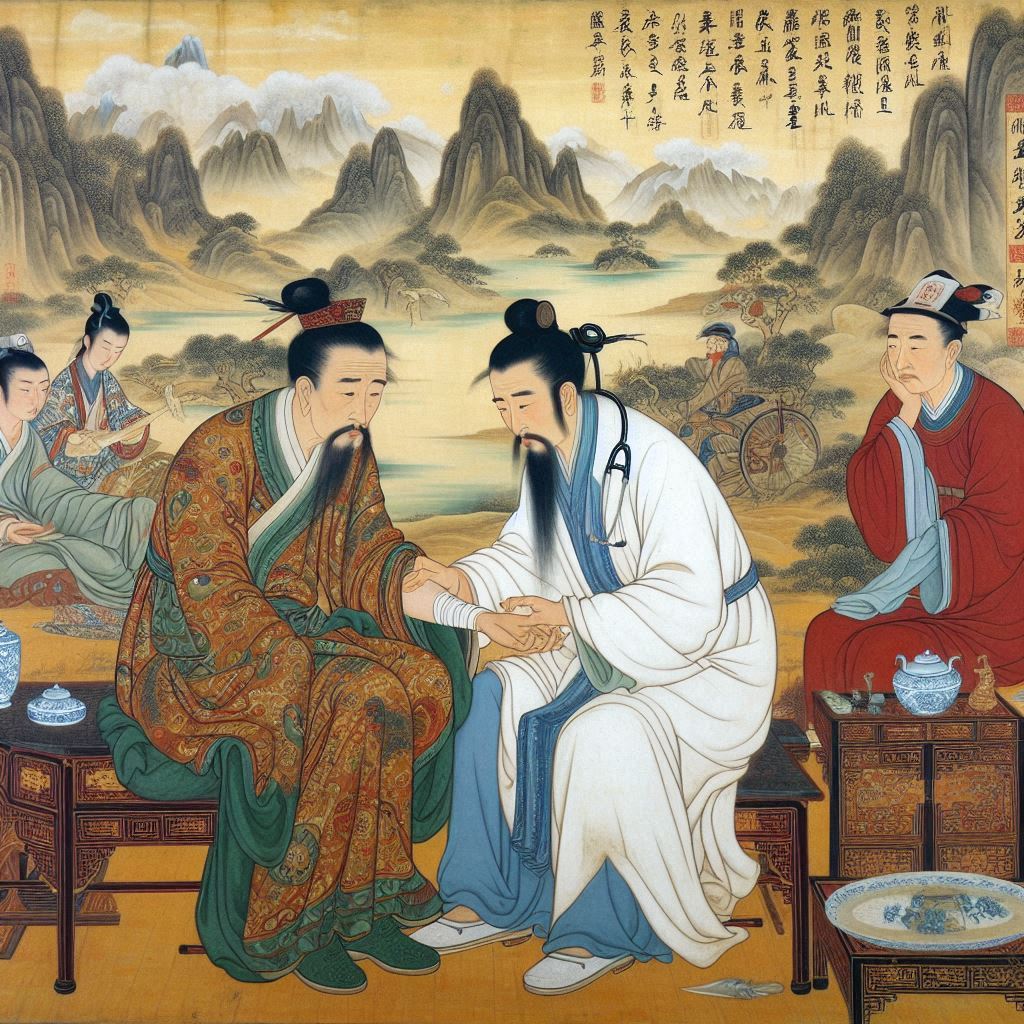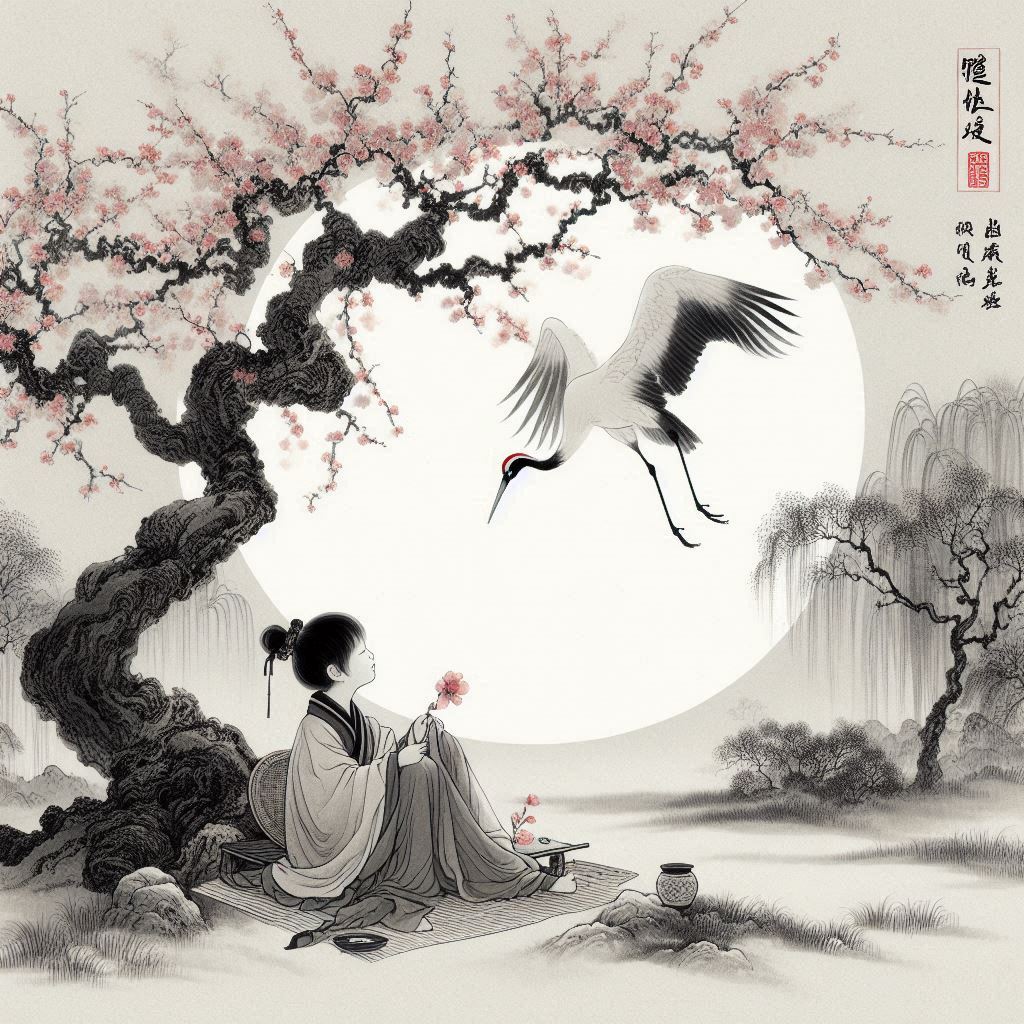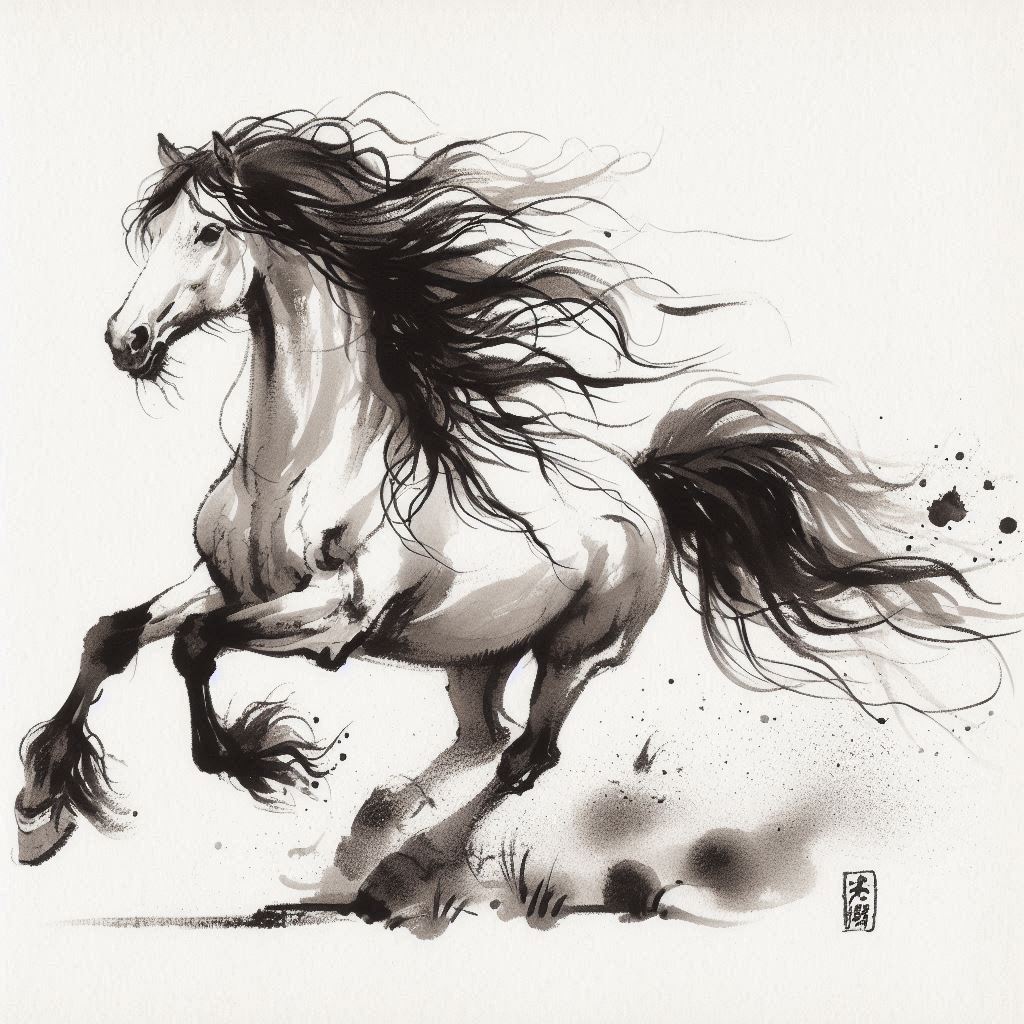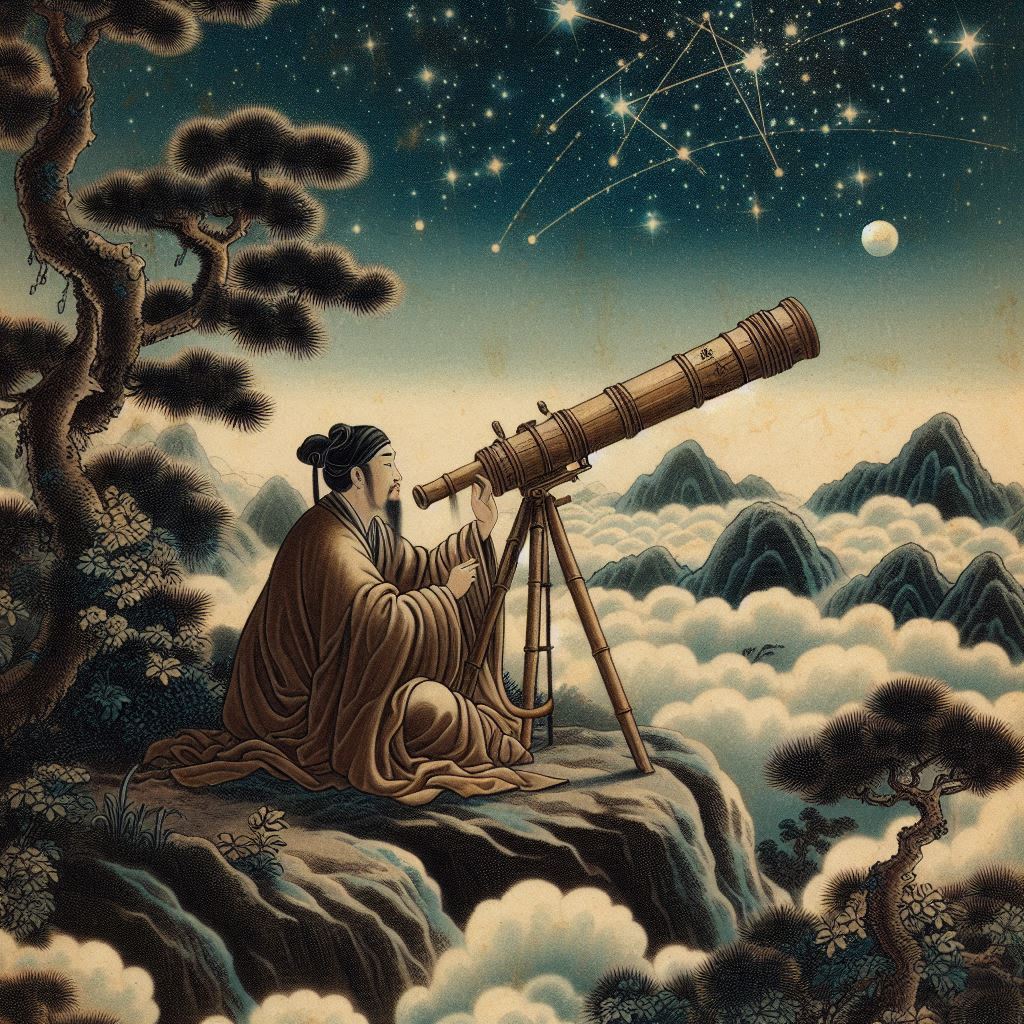Cause
- Yin deficiency
- stress, overwork, and lack of rest
- chronic worry and anxiety
- Liver Fire
To understand the first cause of "Heat in the Heart" - Yin deficiency - we need to review of the concept of Yin and Yang in traditional Chinese medicine.
Since Yang in nature represents activity, light, warmth it logically represents function/warming faculty in the human body. Since Yin in nature represents rest, quiet, slowness, in the human body it translates to structure, substance, matter. In other words Yin represents blood, body fluids and matter, while Yang is the force that brings them to life(1).
There is good health when Yin and Yang are in balance. When there is deficiency of Yang, Yin instantly becomes excessive and vice versa – when there is deficiency of Yin, Yang becomes excessive. Yang deficiency manifests in coldness, lethargy, overflow as there is "deficiency of warmth and energy" which struggles to contain the matter. And vice versa - when there is Yin deficiency the warming principle of the body (Yang) becomes excessive which in time will lead to accumulation of heat(1). Thus Heart Yin deficiency leads to accumulation of heat.
One cause for Yin of the Heart to become deficient are the Kidneys. The Kidneys are the root source of Yin and Yang in the body. Kidney Yin deficiency leads to Yin deficiency in other organs, especially in the Heart as the Heart and the Kidney are in "restricting relationship" (in Five Elements theory the Water element - the Kidney - extinguishes/restricts the Fire element - the Heart).
Another cause for Yin of the Heart to become deficient is stress, overwork, and lack of rest.
A major cause for the accumulation of "heat in the Heart" is chronic anxiety(2). Anxiety can give rise to what is called “Heart Fire" - severe heat in the Heart. Prolonged mental depression can also give rise to "Heart Fire"(2)(3).
“Heart Fire” may be also transmitted from “Liver Fire”(2) - the Heart is Fire element and the Liver is Wood element (Wood generates Fire) so both organs enter a "generating" relationship with the Liver transferring its condition onto the Heart.
If you want to learn more about the Heart and its functions from the perspective of traditional Chinese medicine you can read the material "The Heart in Traditional Chinese Medicine" in the Physiology chapter.
Symptoms
- heart palpitations
- mental restlessness
- insomnia and dream disturbed sleep
- Yin deficiency symptoms - anxiety, night sweats, hot palms and soles, dryness
- Heart Fire symptoms - red face, severe mental restlessness, agitation and impulsiveness, mouth and tongue ulcers, thirst for icy cold drinks, aversion to heat
General "Yin deficiency" symptoms manifest in minor heat signs such as thirst, night sweats, hot palms and soles, as well as dryness(4). Symptoms of "Yin deficiency" pertaining specifically to the Heart are heart palpitations(2)(4) (the major symptom of Heart imbalance), mental restlessness(2) (the Heart houses the mind), insomnia and dream disturbed sleep(2)(4) (Yin of the Heart is deficient thus the mind has no residence and wanders homeless at night).
General "Fire" symptoms manifest in major heat signs such as thirst for icy cold drinks, aversion to heat, redness. Symptoms of “Heart Fire” are palpitations(2), red face, severe mental restlessness(2)(4), agitation and impulsiveness, mouth and tongue ulcers(2) (the tongue is the sense organ the Heart opens to). Dark(2) and/or turbid(4) urine, or blood in the urine(2) (other heat symptoms) might be also present.
Treatment Approaches
To treat "heat in the Heart" – whether it is “Yin deficiency” or “Fire” - both the symptom and the cause of disease need to be addressed. To do that the heat needs to be cooled while substance (Yin) needs to be build in order to restrain the excess heat energy. Selecting cooling and “substance building” foods and herbs is the way to approach this disharmony.
To unlock the rest of this article select "Yes, I want to learn!" below.
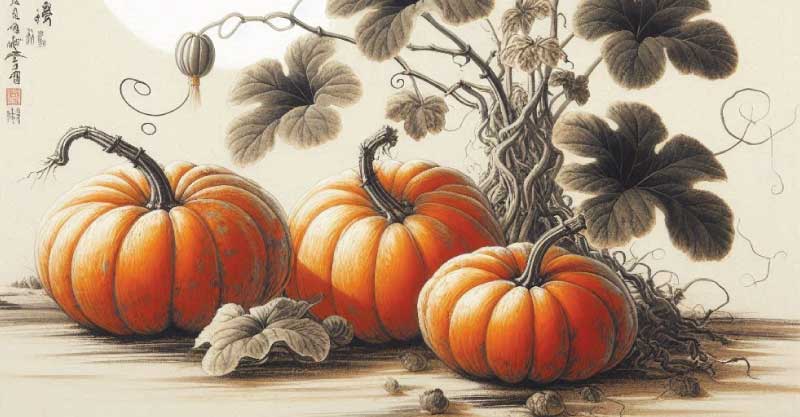
Food therapy is the most economical and non-toxic biochemical approach to health and disease. Food is something we continuously use to sustain our lives. Learning what foods are healing (and what disruptive) for each condition has the potential to convert every meal into a form of therapy.
YS
(1) Zhang, Enqin (1990). Basic Theory of Traditional Chinese Medicine. Shanghai: Publishing House of Shanghai College of Traditional Chinese Medicine
(2) Maciocia, Giovanni (1989). The Foundations of Chinese Medicine. Edinburgh: Harcourt Publishers Limited
(3) Deng Liangye, Gan Yijun, He Shuhui, Ji Xiaoping, Li Yang, Wang Rufen, Wang Wenjing, Wang Xuetai, Xu Hengze, Xue Xuiling, Yuan Jiuling (1987). Chinese Acupuncture and Moxibustion. China: Foreign Languages Press
(4) Yang Weiyi, Meng Fanyi, Jiang Yuanan(2002). Diagnostics of Traditional Chinese Medicine. Beijing: Beijing University of Chinese Medicine and Pharmacology
(5) Pitchford, Paul (2002). Healing with Whole Foods. Berkeley: North Atlantic Books
Related Articles:
The Heart and the emotion "joy"
The Heart, the season summer, and summer foods that benefit the Heart
Herbs that transform phlegm and benefit phlegm in the Heart
Herbs that tonify Qi and benefit Heart Qi deficiency
Herbs that tonify the blood and benefit Heart blood deficiency
Please read our Disclaimer

